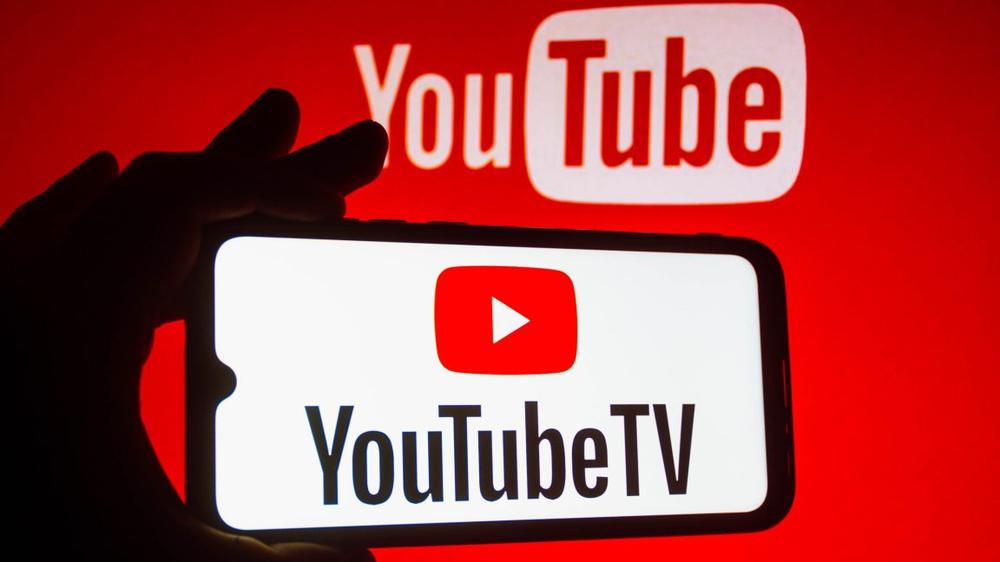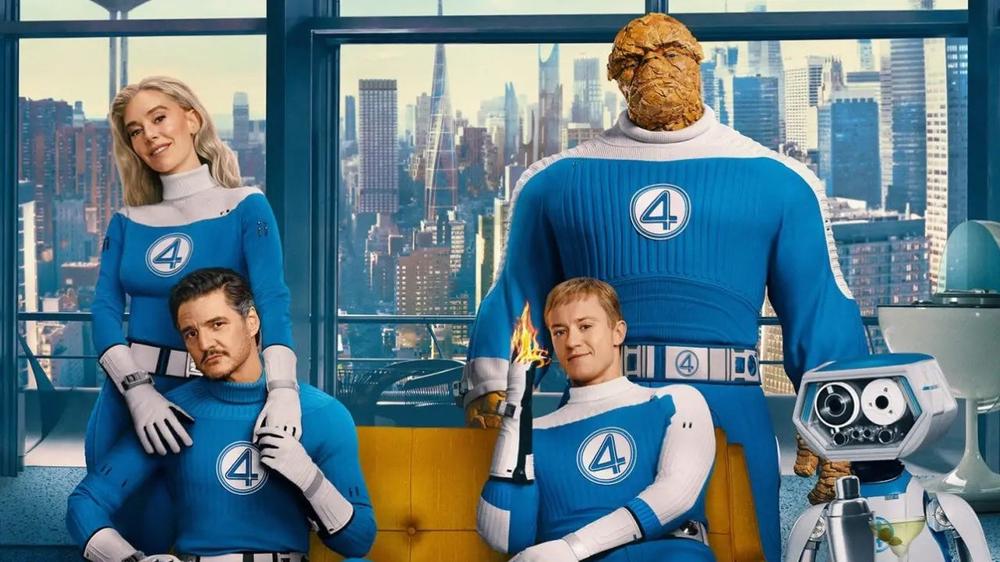Google and Disney have been in a contract dispute since October 30 that has resulted in YouTube TV subscribers losing access to 21 Disney-owned TV channels, including ABC, ESPN, and The Disney Channel.
In addition to reducing access to popular live content, the corporate conflict is highlighting another frustration in the streaming era. As Google and Disney continue duking it out, their customers have lost some access to content they thought was permanent: DVR files and digital movie purchases.
A perk of subscribing to YouTube TV, per Google’s marketing, is the ability to “record it all with unlimited DVR space.” A footnote on the YouTube TV homepage notes that unlimited DVR is subject to “device, regional, and Internet restrictions” but overlooks an additional restriction in the form of multi-conglomerate spats.
YouTube TV’s terms of service does state that Google may remove users’ DVR recordings when “Google is asked to delete or remove access to a recording” and that “subscribers are not granted any rights or license by use of recording functions.” But people often neglect to locate, read, and comprehend complex and verbose terms of service.
Once YouTube TV lost Disney content, Google also made this discretion apparent via a support page that reads:
Recordings of Disney content will be removed. If we’re able to reach an agreement with Disney and bring their content back to YouTube TV, subscribers will regain access to recordings that were previously in their library.
One could be forgiven for assuming they had greater control over DVR recordings from YouTube TV. The earliest DVR machines stored can’t-miss episodes and historical sporting events locally, giving users power over when they could watch or delete what they had recorded. As a result, people might presume that today’s DVR recordings work similarly. But nowadays, DVR files are stored in the cloud, giving companies the ability to rip them away at any time. In this case, people are losing access to files that they may have recorded long before Disney and Google’s disagreement went public.
“I don’t know (or care) which side is responsible for this, but the DVR is not VOD, it is your recording, and shows recorded before the dispute should be available. This is a hard lesson for us all,” an apparently affected customer wrote on Reddit this week.
For current or former cable subscribers, this experience isn’t new. Carrier disputes have temporarily and permanently killed cable subscribers’ access to many channels over the years. And since the early 2000s, many cable companies have phased out DVRs with local storage in favor of cloud-based DVRs. Since then, cable companies have been able to revoke customers’ access to DVR files if, for example, the customer stopped paying for the channel from which the content was recorded. What we’re seeing with YouTube TV’s DVR feature is one of several ways that streaming services mirror cable companies.
Google exits Movies Anywhere
In a move that appears to be best described as tit for tat, Google has removed content purchased via Google Play and YouTube from Movies Anywhere, a Disney-owned unified platform that lets people access digital video purchases from various distributors, including Amazon Prime Video and Fandango.
In removing users’ content, Google may gain some leverage in its discussions with Disney, which is reportedly seeking a larger carriage fee from YouTube TV. The content removals, however, are just one more pain point of the fragmented streaming landscape customers are already dealing with.
Customers inconvenienced
As of this writing, Google and Disney have yet to reach an agreement. On Monday, Google publicly rejected Disney’s request to restore ABC to YouTube TV for yesterday’s election day, although the company showed a willingness to find a way to quickly bring back ABC and ESPN (“the channels that people want,” per Google). Disney has escalated things by making its content unavailable to rent or purchase from all Google platforms.
Google is trying to appease customers by saying it will give YouTube TV subscribers a $20 credit if Disney “content is unavailable for an extended period of time.” Some people online have reported receiving a $10 credit already.
Regardless of how this saga ends, the immediate effects have inconvenienced customers of both companies. People subscribe to streaming services and rely on digital video purchases and recordings for easy, instant access, which Google and Disney’s disagreement has disrupted. The squabble has also served as another reminder that in the streaming age, you don’t really own anything.

 The Fantastic Four: First Steps Is Now Streaming
The Fantastic Four: First Steps Is Now Streaming